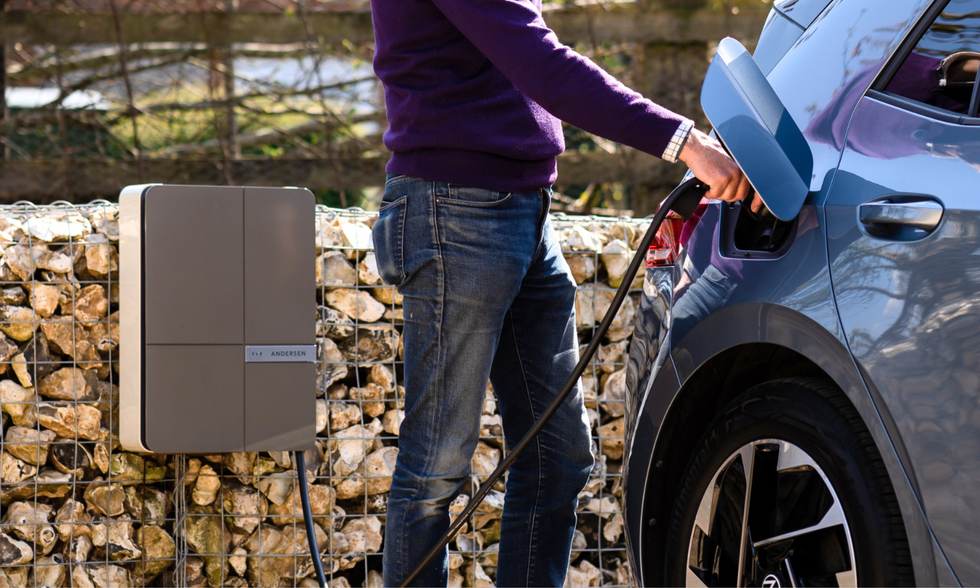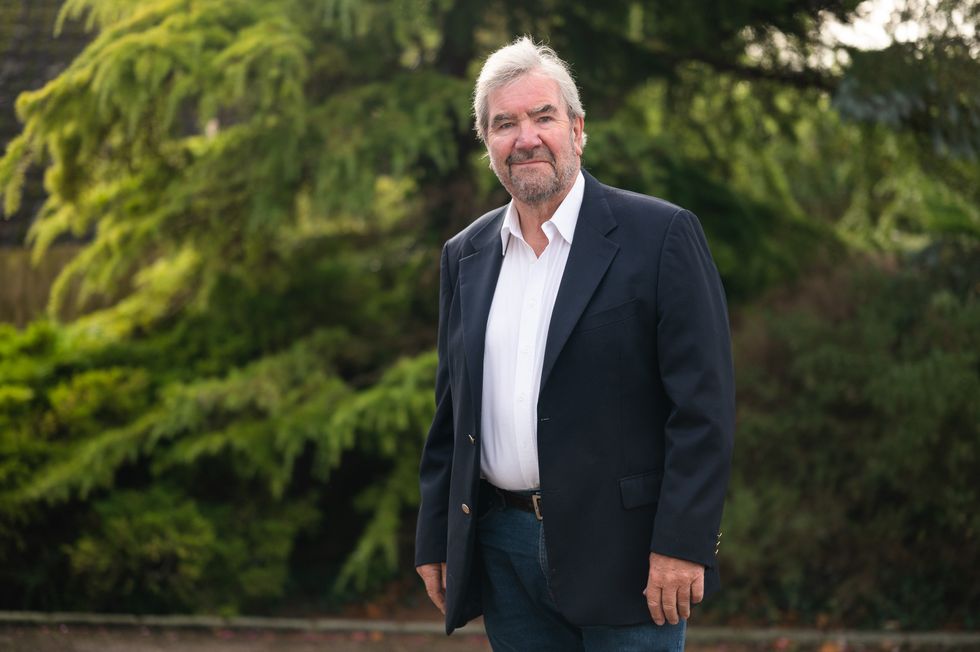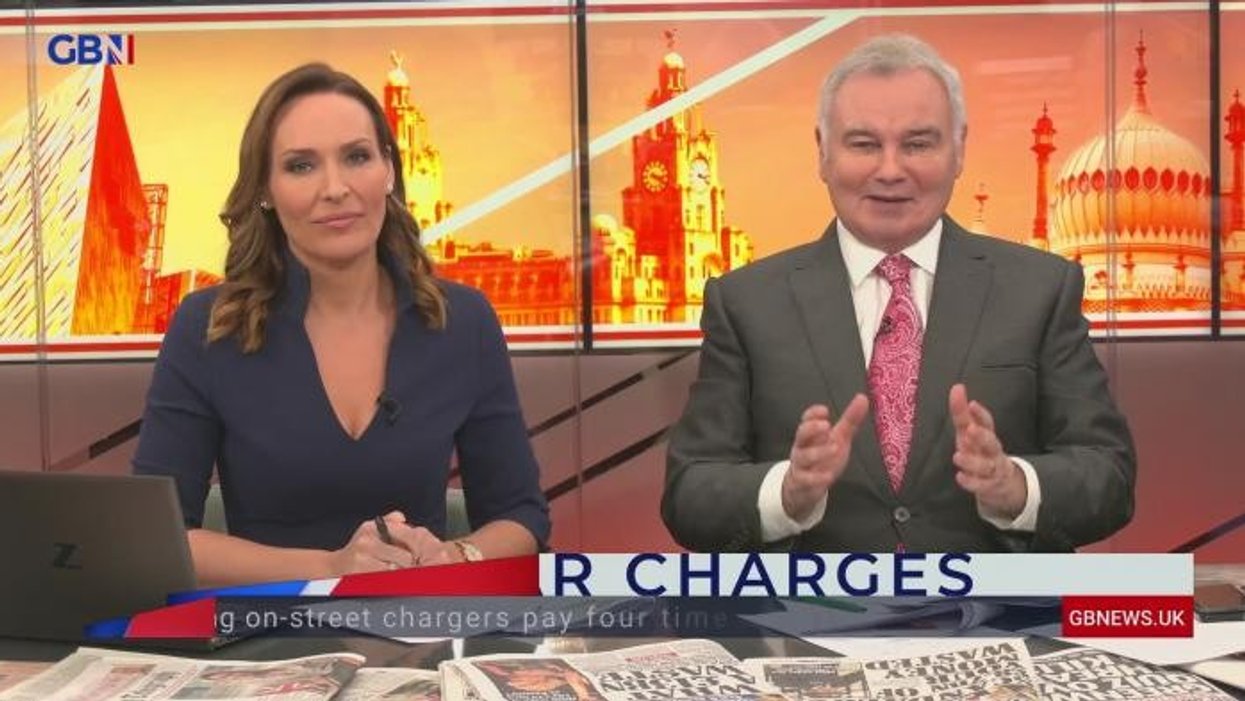Petrol drivers paying £1,200 more at filling stations than electric car owners charging at home every year

Electric car owners could pay less than £100 a year to drive 12,000 miles using EV tariffs
Don't Miss
Most Read
Refuelling a petrol car at a filling station is now six times more expensive than smart charging an electric vehicle at home, according to new data.
The cost to refuel a petrol or diesel car is now double the cost of charging an electric car at home with a standard three-pin plug.
Visiting the filling station can be a staggering six times more expensive than smart charging off-peak with one of the commonly available EV electricity tariffs.
New data has found that drivers charging an electric vehicle at home using a smart charger would currently save around £1,200 per year compared to filling a petrol equivalent.
Do you have a story you'd like to share? Get in touch by emailing motoring@gbnews.uk

Using an EV-friendly tariff could see drivers save £1,200 a year
|ANDERSEN EV
Although petrol prices dropped 10.8 per cent over 2023, the beneficial cost differential of running an EV using a smart charger has grown considerably according to Andersen EV.
Data from RAC Fuel Watch shows that petrol and diesel costs have jumped recently after months of consecutive price drops.
Around the UK, unleaded petrol costs 142.51p per litre, while diesel drivers are facing costs of around £1.51, although all drivers can save money by visiting supermarket forecourts.
David Martell, CEO of Andersen EV, said driving an electric vehicle in a cost-effective way is very different to a petrol or diesel car, hence the introduction of the Andersen Index.
Speaking to GB News, he explained how the latest research from the brand compared the cost of driving 1,000 miles a month in a Vauxhall Corsa E with the petrol Vauxhall Corsa 1.2.
Based on an average smart charge rate of 8.4p/kWh, it would cost £19.32 – or £231.84 a year – compared to £1,461.60 per year for unleaded petrol cars.
Martell, who also founded Chargemaster, which is now bp Pulse, said: “The Government’s electric vehicle public charging infrastructure statistics came out this week, again raising the debate about high-speed charging at motorway services.
“While high-speed rapid chargers are useful on occasion, they can cost up to 10 times more than charging at home on a night-time tariff.
“Most electric cars now have an excess of 200 miles real-world range, more than enough for the needs of the majority of motorists.”
Even using a slower, non-smart charger through a three-pin plug at an average standard rate tariff at 28.6p/kWh, it would cost £65.78 a month to drive 1,000 miles, or £789.36 a year.
As of 2024, there were at least six major electricity companies offering EV rates as low as 7p/kWh as experts predict that homeowners will continue to see more price drops.
Some drivers across the UK have expressed their concerns at owning an electric vehicle given that range anxiety is still a factor while the EV charging network adjusts to demand.
LATEST DEVELOPMENTS:

David Martell said electric vehicles with longer ranges were becoming more common
|ANDERSEN EV
The latest data from Zapmap shows that there are 55,301 chargers across more than 31,000 locations around the UK.
This included 1,436 new EV charging devices installed in the first month of the year and represents a 46 per cent increase in the total number of chargers since January 2023.











